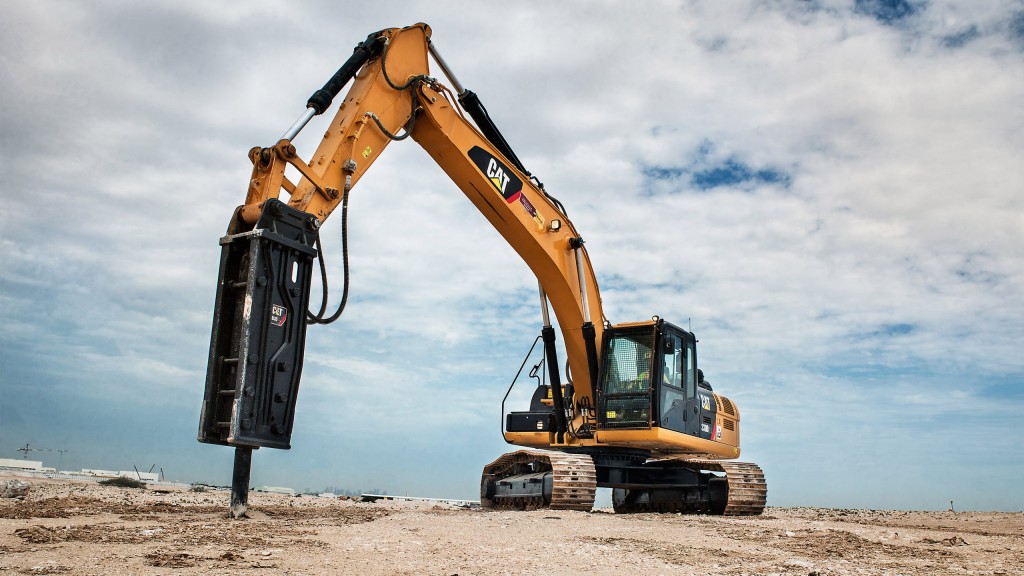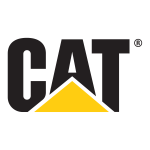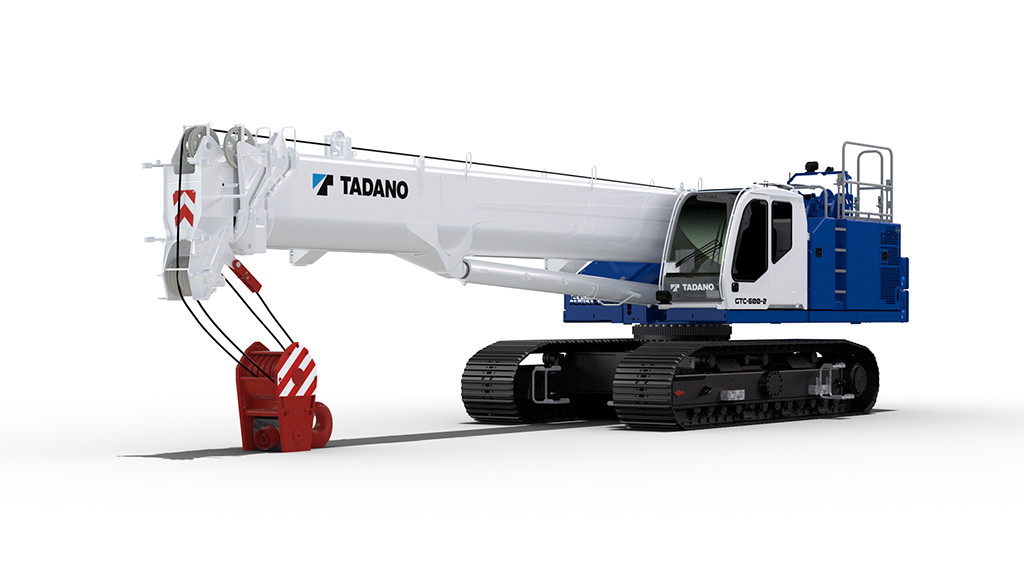
Cat B Series hydraulic hammers (B20, B30, and B35) are designed for high production in a wide range of severe applications — such as quarry, road construction, demolition, and general construction — while keeping the user's owning and operating costs at a minimum. The B Series uses a proven, simple design that ensures reliability, long-term durability, ease of use, and ease of maintenance. Matched to hydraulic excavator carriers weighing 18 to 40 metric tons, each B Series hammer is tested per the ISO Quality Control System before customer delivery to guarantee optimum quality.
Designed for quality
Major components (cylinder, back head, front head, piston, and tool) are manufactured with high-quality materials and processes. Housings feature bottom reinforcement plates that protect against breakage and wear.
High-pressure accumulator is field-serviceable, protects the carrier's hydraulic system by absorbing pulsation spikes created during the firing stroke, and is sized to provide optimum breaking power and to absorb piston-recoil shock for improved tie-rod life. Long piston transfers long shock wave into material; piston diameters are matched for maximum energy transfer, and the piston's design and surface finish provide superior oil retention and seal life.
Oil-control valve is the outer type, allowing easy setting, reduced pulsation, and low maintenance costs. Side rod (though bolt) is specially heat treated for durability, and the side-rod nut is protected from thread damage. Stroke-control valve allows adjusting for primary or secondary breaking chores.
Full-length side plate allows easy access to service points, including tool and bushings, with the lower tool-bushing replaceable in the field. Easily accessible pressure check point allows quick monitoring of the hammer's operating condition.
Tool-type selection for the new hammers include moil, cone, chisel, long-life chisel, and blunt. This selection allows effectively adapting the hammer to an extensive range of applications, which might include secondary breaking of blasted rock in quarries and mines, trenching in tunnels, breaking refractory linings in steel-making furnaces, concrete demolition, rock excavation for foundations, breaking frozen ground, and separating rebar from concrete for recycling.



